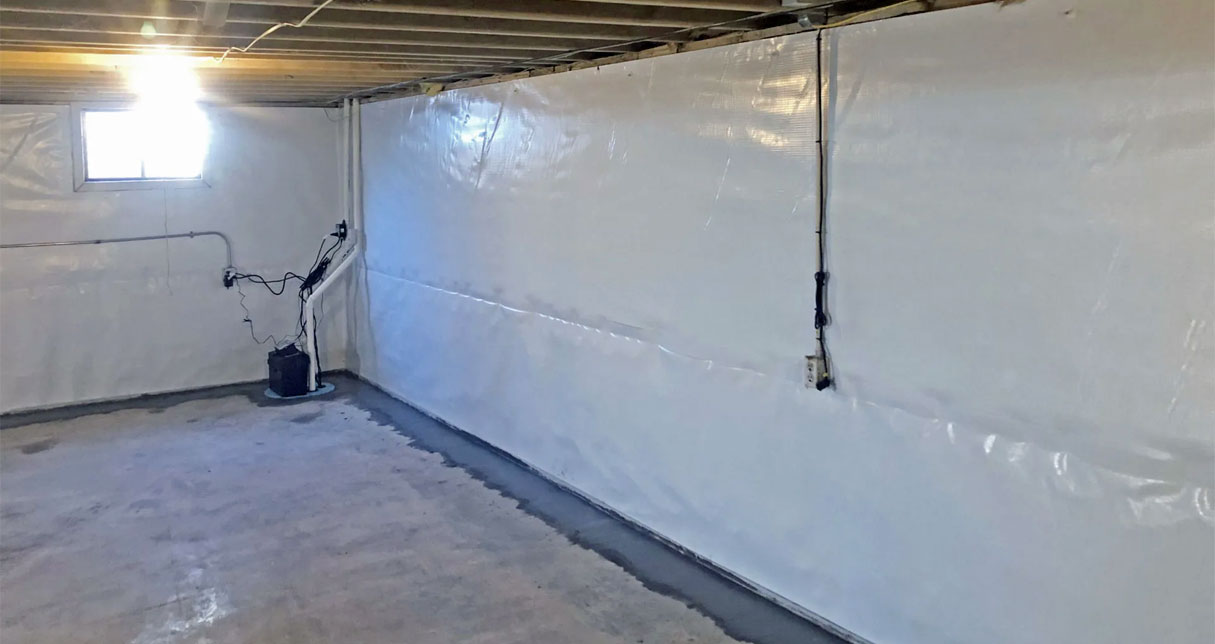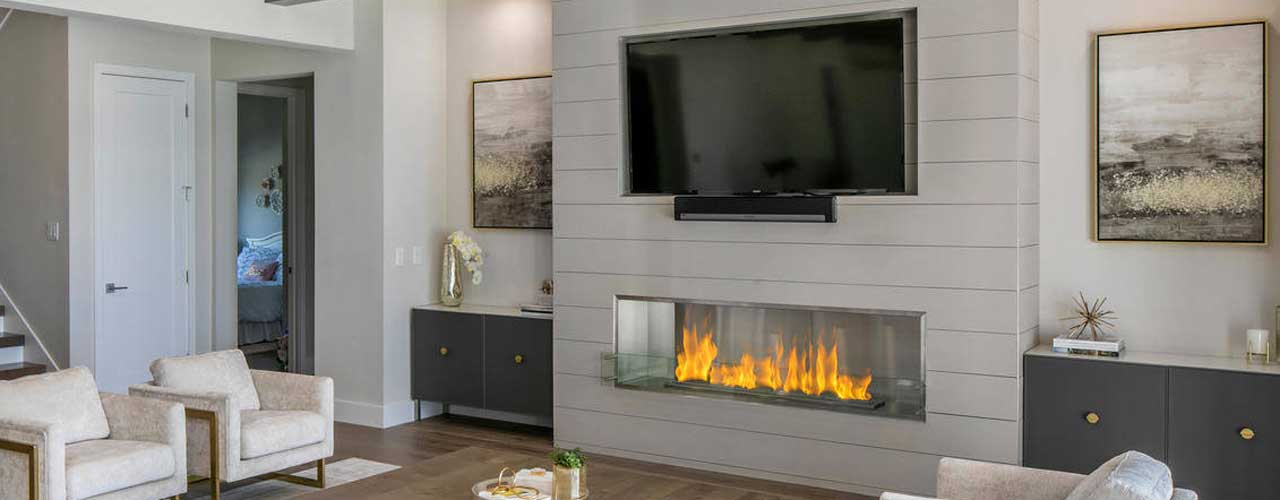
Basement Waterproofing
Your basement, being below ground level, is particularly susceptible to water infiltration when faced with heavy rain or snow. While it may seem like just another task on your home maintenance list, delaying the waterproofing of your basement is a risk you shouldn’t take. By taking proactive steps now, you can prevent potential damage and ensure the safety of your home and its contents.
The financial reality of water damage can be sobering. What starts as a small leak or minor seepage can quickly escalate into thousands of dollars in repairs. More importantly, it can lead to potential health risks from mold and mildew, such as respiratory issues and allergies. Your basement might house your furnace, water heater, electrical systems, or even finished living spaces – all of which can suffer significant damage when water finds its way inside. Taking proactive steps to waterproof your basement now can save you from major headaches and expenses down the road and protect the contents of your basement from significant damage.
Acquiring a basic understanding of waterproofing equips you to make informed decisions about protecting your home. There are several different approaches to keeping water out of your basement, each suited to other types of problems and budgets. Understanding what typically causes water to enter basements – whether it’s hydrostatic pressure from groundwater, surface water runoff, or issues with your home’s drainage system – provides the knowledge to select the most suitable waterproofing strategy for your specific situation. This understanding not only empowers you to make the best decision for your home but also instills a sense of confidence in your ability to tackle potential issues.
Types of Waterproofing
So, you’ve got water in your basement. The good news is that you have options, and they essentially boil down to two approaches: fixing things from the inside or tackling the problem at its source from the outside. However, it’s crucial to address this issue promptly as prolonged exposure to water can lead to structural damage, mold growth, and potential health hazards.
Let me break it down for you. Interior waterproofing is like playing defense; it is at best partially effective. The water has found a path into your home. The hydraulic pressure of the water will continue to work at the weakness, and eventually it will penetrate an interior barrier. For optimal results, consider exterior waterproofing.
Exterior waterproofing? That’s not just a solution, it’s a proactive strategy. Instead of waiting for water to show up uninvited, you’re taking the offensive and stopping it before it finds a way in. The best methods for preventing water damage are:
- Landscape your yard so that it slopes away from your home. This is a requirement to pass the final inspection, but it is often overlooked or altered when the yard is completed.
- Verify that all of your window wells are sealed.
- Check your sprinklers. Are they pointing towards the house? If so, this can become a problem.
- Be vigilant about your rain gutters and downspouts. If they’re not correctly maintained or placed, they can easily cause water to accumulate, and this can become a long-term problem. It’s your responsibility to keep them in good condition.
If you do get water into your basement, what do you do?
Identify the source of the water. Is it seasonal? How much water are you dealing with?
If the water is coming from the floor, then you most likely have a seasonal water table problem and may need a sump pump installed.
If the water is coming through cracks in the walls, your first step should be to check for exterior problems as listed above. Then you’d have to dig down to seal the exterior of the basement. There are specialty products that can help, but remember, you must always eliminate or minimize the exterior water source for long-term success. Stay determined and you’ll overcome this issue.
Frequently Ask Questions
Q. How much does it cost to waterproof a basement?
A. The cost of waterproofing your basement can vary depending on its size and the extent of the damage. On average, you can expect to pay between $3,000 and $5,000 for basement waterproofing.
Q. Can I waterproof my basement myself?
A. While some minor waterproofing tasks, such as applying waterproofing paint, can be done independently, a professional should perform more extensive waterproofing.
Q. When the Basement is finished, can I still waterproof it?
A. If the basement is already finished, you can still waterproof it; however, this process is costly. The most cost-effective plan is to waterproof the basement while it is being completed.
continue reading
Related Posts
Turning your basement into an income-generating apartment is one of the smartest ways to add value to your home, especially in today’s Utah housing market. With rental demand on the rise and the cost-of-living climbing, more homeowners are looking below ground for extra income.



